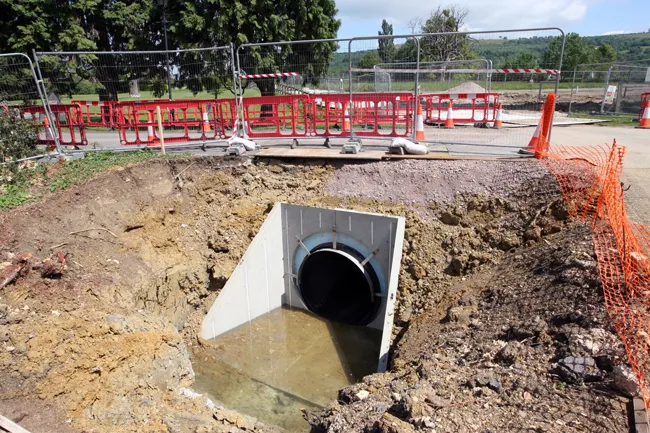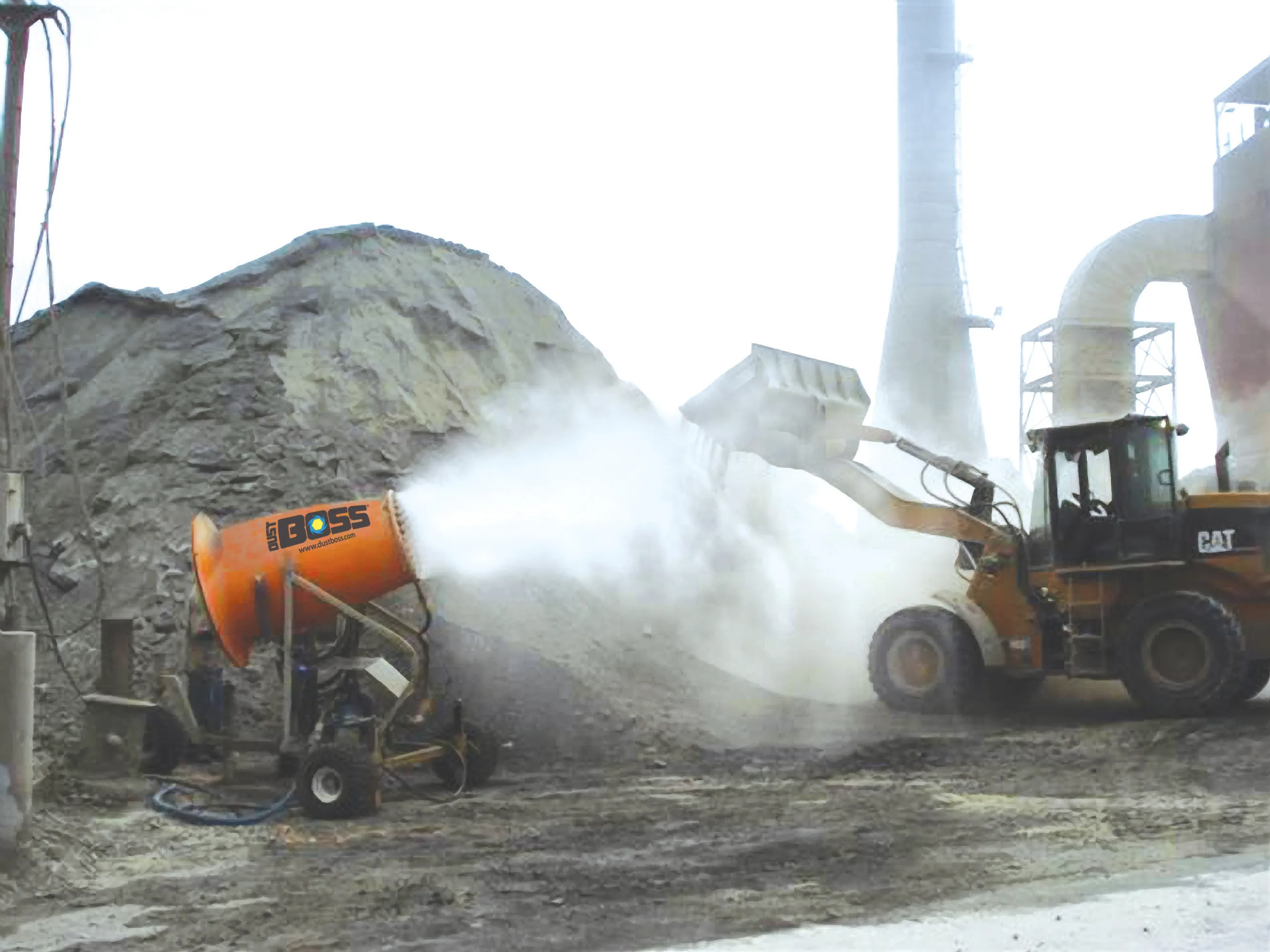
The accreditation means that Weholite structures are considered suitable and beneficial for use in highways.
Plastic pipes with an internal diameter greater than 900mm are classed as structures and do not yet have an official technical standard for use in highways. In the past, this might have excluded plastic pipes over 900mm being utilised in highways projects, regardless of the advantages they can offer for applications such as attenuation, surface water drainage and culverts. However, the HAPAS certificate should now help to remove such barriers.
The British Board of Agrément (BBA) has issued HAPAS certificate (18/H283), for this Weholite product group, in recognition of its high performance and reliability. The certification applies specifically to 1000mm to 3500mm diameter Weholite pipes, fittings and systems.
Recognised by key organisations in the highways sector, the HAPAS accreditation supports the fact that Weholite structures are suitable for use in highways and could also derive additional benefits from using them.
According to Asset International, larger diameter plastic pipes and systems can provide better performance, but also offer a range of added benefits. Made from high-density polyethylene (HDPE) resin, Weholite pipes and structures are extremely tough, flexible, and chemically resistant, with a design life in excess of 120 years.








